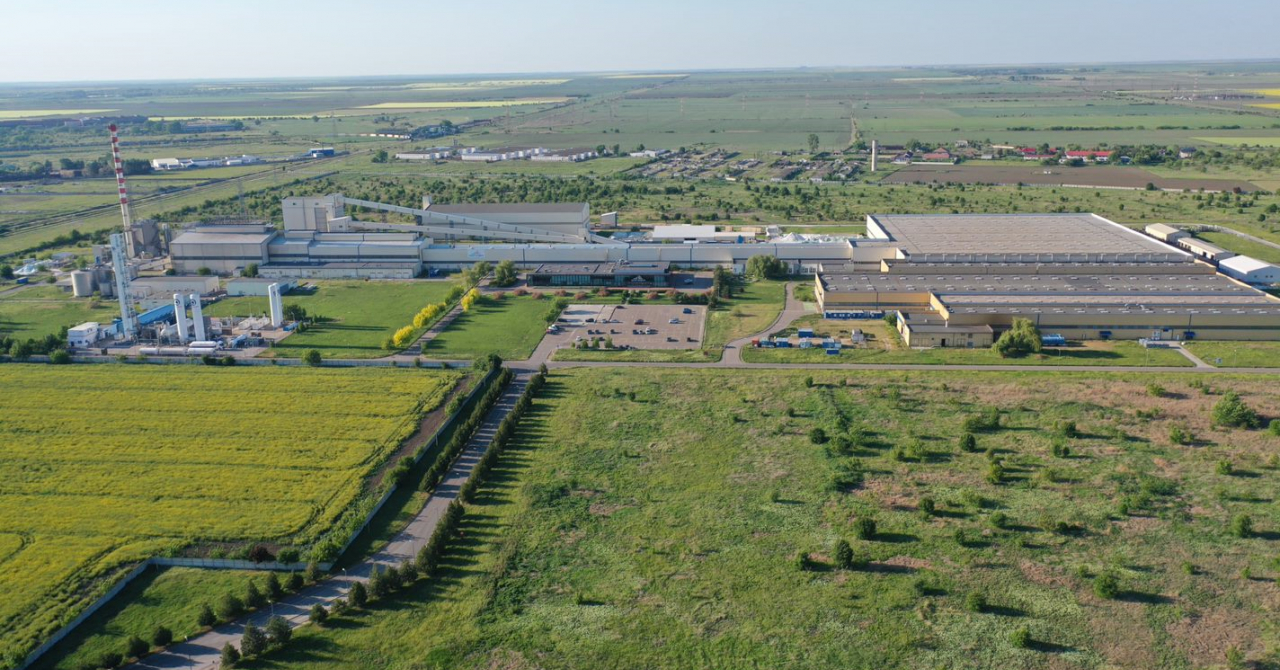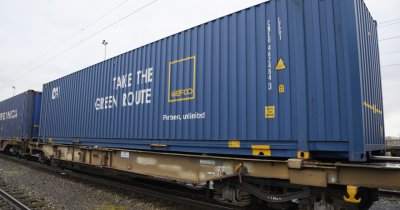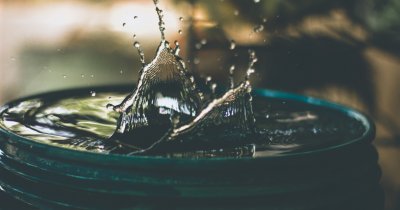The two companies will install a photovoltaic system with a capacity of 8,6 MWp. The energy produced at the site in Calarasi will be used 100% for the consumption of the glass company.
ENGIE Romania is contributing to Saint-Gobain's Romania efforts to decarbonize.
The photovoltaic panels will ensure 20% of the factory’s energy needs, at the same time avoiding the emission of 2.400 tons of carbon dioxide per year. The quantity of green energy produced at the site in Calarasi is estimated to be over 14.000 MWh/year.
This technological feat was achieved last week by using 100% recycled glass (cullet) and 100% green energy, produced from biogas and decarbonized electricity. It was implemented for one week in Saint-Gobain's flat glass manufacturing plant in Aniche, northern France.
By mobilizing the network of partners developed by Saint-Gobain, the focus was placed on circularity, with the use of 100% cullet from end-of-life glass from renovation or demolition sites and from production offcuts.
The Group's industrial and research teams succeeded in adjusting all of the furnace's technical parameters to this dual challenge of operating with 100% recycled material and 100% biogas, while ensuring the right optical quality of the glass.
This pilot production demonstrates Saint-Gobain's capacity for innovation throughout the value chain. The company committed to reach carbon neutrality by 2050.
 Oana Coșman
Oana Coșman












Any thoughts?